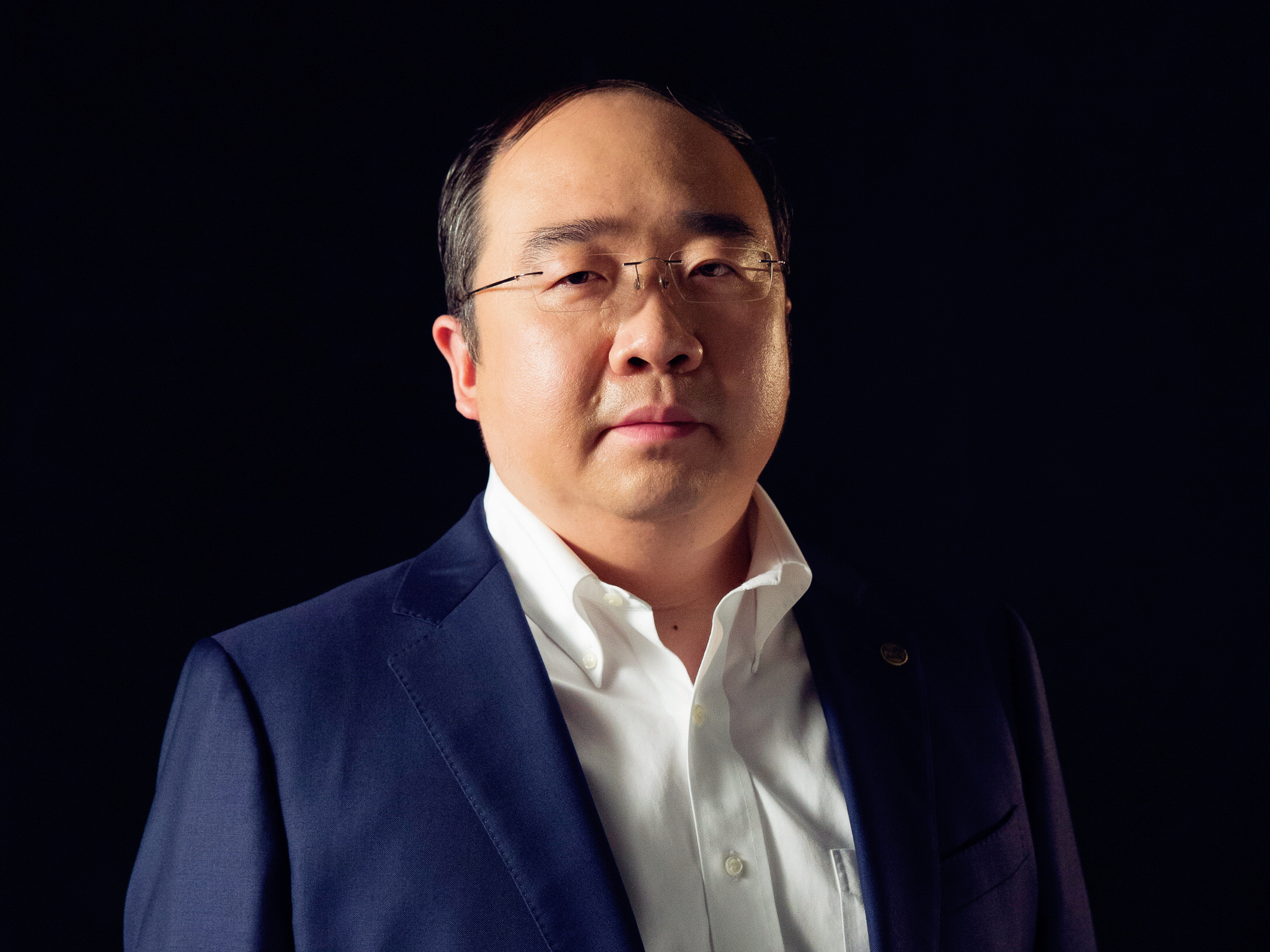The Netherlands could do a lot more to attract Asian high tech companies, and even has the potential to become an important gateway to Europe’s tech sector. But for that, the government needs to invest more in talent, says Tao Li, CEO/founder of APUS, the fastest growing Chinese unicorn company. In the meantime, his company continues to grow and expand to Europe on its own.
Tao Li is the founder and CEO of one of those ‘hidden unicorns’, at least to most people in the West. Yet his Chinese company, APUS, is nothing to ignore. The company created a personalized launcher called APUS Launcher for Android devices users.
This initial product received huge success from emerging market in 2014, the moment when smartphones were just entering emerging markets and there was a desperate need for lightweight software. The company is utterly specialized in develop handy, efficient utility apps, such as APUS Browser, APUS Booster, APUS camera and messenger center, to name a few.
The suite of products, along with APUS Launcher, quickly formed into APUS User System, which provides one-stop solution for smartphone users. By 2016, APUS has over one billion global users worldwide. The same year it started the journey to build up APUS Ecosystem, delivering news, life, travel, entertainment services to its global users.
The recent partnership with MSN news feeds has drove 20% increase view worldwide. More services provider like Uber and Booking have been integrated into APUS Ecosystem, it turned out to be a golden combination that saw the company grow exponentially.
New strategies
Now, Li wants to grow APUS in Europe, but the company needs a different strategy from what has worked to date. On his current trip to Amsterdam, Li plans to explore the Dutch and European culture and see what the people here need from their smartphones. He’s also looking for investment opportunities like AI and fintech startups. That investment could even turn into a cooperation with local data centers, as APUS plans to build more localized services. That will be necessary, because in Europe, a good software package alone isn’t enough to attract more users.
APUS and Android
APUS, an acronym standing for ‘A Perfect User System’, target overseas market since the first day launched online. This strategy smartly avoid itself the fierce competition in China, where the domestic market was dominated by Baidu, Alibaba and Tencent.
It quickly received popularity from emerging market particularly from India and Indonesia. Central to APUS’ strategy is its custom launcher, a lightweight Android User System, which integrates several customised apps including web browser, a news app, and a location-based search app.
The launcher is especially attractive to customers in emerging regions, who usually carry less advanced phones and can benefit greatly from a skinned down Android-experience. But APUS has a different strategy in mind for Europe. “Unlike emerging markets, where users have the needs for utility software, the developed countries are a consumer oriented market that require more services”, says Li.
Big data
Big data and AI are key to APUS’ penetration of this market, as Li explains. “We want to try to profile users based on their demographic and interest, and then offer them personalized services.”
For such projects, obviously a huge amount of user data needs to be available, but with APUS’ millions of users that shouldn’t be a problem. The challenge is how that data is put together, so that the resulting profile is much more than the sum of its parts.
That is where AI and machine learning come into play. “In the Netherlands, quite a few universities have courses in big data like the University of Tilburg, and the Eindhoven University of Technology, which we’re now in contact with to talk about an incubator lab.” According to Li, China has a serious shortage for top talent in the big data sector. APUS’ incubator lab should help pave the way to build the company’s own Big Data Center, somewhere in the coming years.
Local partners
The first step is working on a deeper level with local partners to optimize content and services, based on the user’s preferences. Li has many examples. “We can use location tracking to suggest Uber-services, or use weather data to recommend holidays to Bali on a rainy day. In the end, the launcher should integrate with local services; companies nearby, like the local Uber drivers, or stores near you.”
One might think the use of so much personal data could become problematic in Europe, where users are generally not too keen on sharing so much information about themselves. Li expresses his fully understanding of Europeans’ concern of data privacy when comparing to the developing countries,
“Sharing is not as much in their nature as it is in many emerging countries.” But that doesn’t necessarily have to be a problem. “People will always try to strike a balance between security and privacy, and convenience. By making our services more personalized, more importantly, the way that we use the data is in compliance with the laws and regulations, people will eventually not afraid of sharing so much. “Besides’’, he adds, APUS has a long term strategy, “It takes time to sway people, but we have a long term vision.”
Dutch startups and entrepreneurship
If APUS is indeed making a move to Europe, that could mean many opportunities for countries like The Netherlands – Li favours that over the ‘conservative Germany’ or the Brexit mess that’s dividing Great Britain. Li is leaning towards the low countries for their geography and its culture, though he is concerned that the Dutch government is not focused enough on stimulating young students and startups in the high tech industry. “A government should be an incubator to attract new talent, for instance by investing and giving tax breaks to student who want to join innovative companies. But so far, the Dutch government has been too passive on that. I hope this will change in the future.”
Bright future
The next big steps for APUS are to refine the big data system they’re already putting in place, while simultaneously improving the launcher and app ecosystem for the European market. The last step is to improve APUS’ own cloud service. It already has such a service in India and Indonesia, but as with the other aspects of the APUS ecosystem, it needs to be improved and optimized for the local market. But that, as well as APUS’ other goals, is all a long term solution. The company is here to stay.

